When I first stood for London mayor in 2000, the two big issues were crime and transport. Last year, the two big issues were air quality and housing.

The former is straightforward - we need to reduce emissions from buildings, transport and industry and, while there are arguments about the value of nuclear, there is general agreement on what needs to be done.
If only housing were so simple. Your answer depends on where you live and how. If you are an established homeowner in London, you see your home as a critical part of your pension plan.
Most years the house earns more than you do. You like Help to Buy because it pushes prices up.
You (rightly) rail against the stupidity of top-end stamp duty, you are angry that you no longer get full tax relief on the mortgage you have on your couple of buy-to-let flats and your kids are furious at Theresa May’s suggestion that they might have to use the home you will leave them in your will to pay for some of your social care.
But if you and your parents aren’t lucky enough to own a home in London, your priorities are very different.
You know the chances of your ever getting on the ownership ladder are remote unless you move to places like Ipswich, Newark, Swindon and Folkestone and spend half your life commuting. You want to see house prices fall and you’re acutely aware that the average age of a first-time buyer in London is now over 40.
Improving living standards
You want an affordable rent for a property you can be sure you can live in for a reasonable time. You want the green belt relaxed on the grounds that your decent home is more important than some arbitrary rule on where it could be built.
If you live outside London and in much of the north, housing is less important than a decent job. There’s plenty of housing around at prices often less than the cost of the bricks.
The issue here is not more homes but improving living standards more generally, which is why the ‘northern powerhouse’ and HS2 are so key.
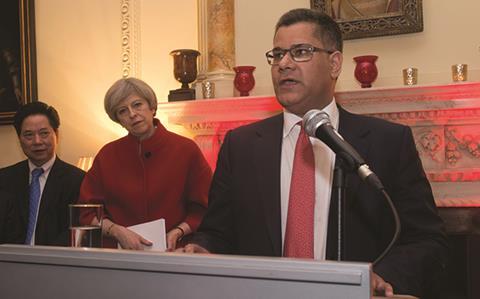
So as Alok Sharma attends his first RESI Conference as housing and planning minister, his priorities should be simple:
- The phasing out of Help to Buy, which does nothing but inflate prices at the taxpayer’s expense. It will take time and developers won’t like it, but the truth is that by increasing demand rather than supply it distorts the market and should go.
- Encouraging build-to-rent not by subsidy but by planning rules that favour new rental development.
- Reforming developer contributions because whether it is section 106 or the various community infrastructure levies, there is only so much in a developer’s pot and the public sector can’t have it twice.
- Reinforcing the presumption in favour of residential development so that it’s not just the current locals who have a voice at the planning meeting.
- Encouraging more flexibility over the use of the green belt, which is not about scrapping it but recognising it is 70 years old and in many cases is now unhelpful. Much-needed infrastructure like Crossrail 2 will never be built otherwise.
- Recognising that in central London there is a role for micro units and offerings such as The Collective in Old Oak. The market is already there with WeWork now offering WeLive and others coming in with similar products.
- And above all, agreeing with the Treasury that as long as it insists on public land being sold at open market prices the housing problem in London and the South East will only get worse. We cannot rely on the private sector as the only supplier of affordable homes. Agree instead that this land can be sold or joint-ventured at current use value, ie the square root of sod all, so enabling developments that can be up to 100% affordable and generating income in perpetuity for the next generation of taxpayers.
Sharma won’t want to be remembered as the minister who didn’t build much. He should understand that to enhance his reputation he needs to be the man who stands up to the Treasury and actually delivers real housing growth.
And he should never forget that we did this before. In the 1960s, the government supervised the building of more than 300,000 homes a year. If we could do it then why can’t we do it now?
























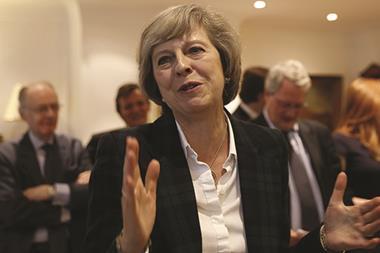
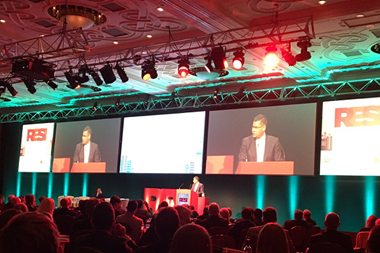

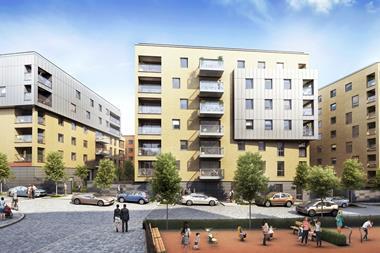
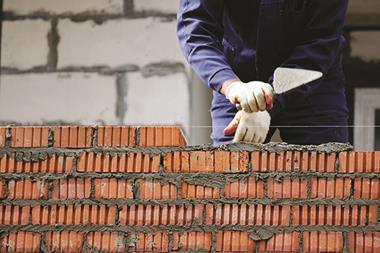
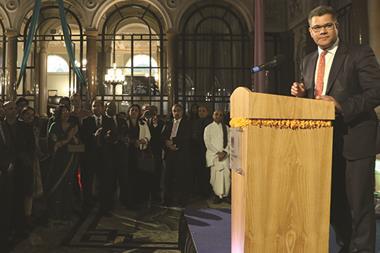
No comments yet